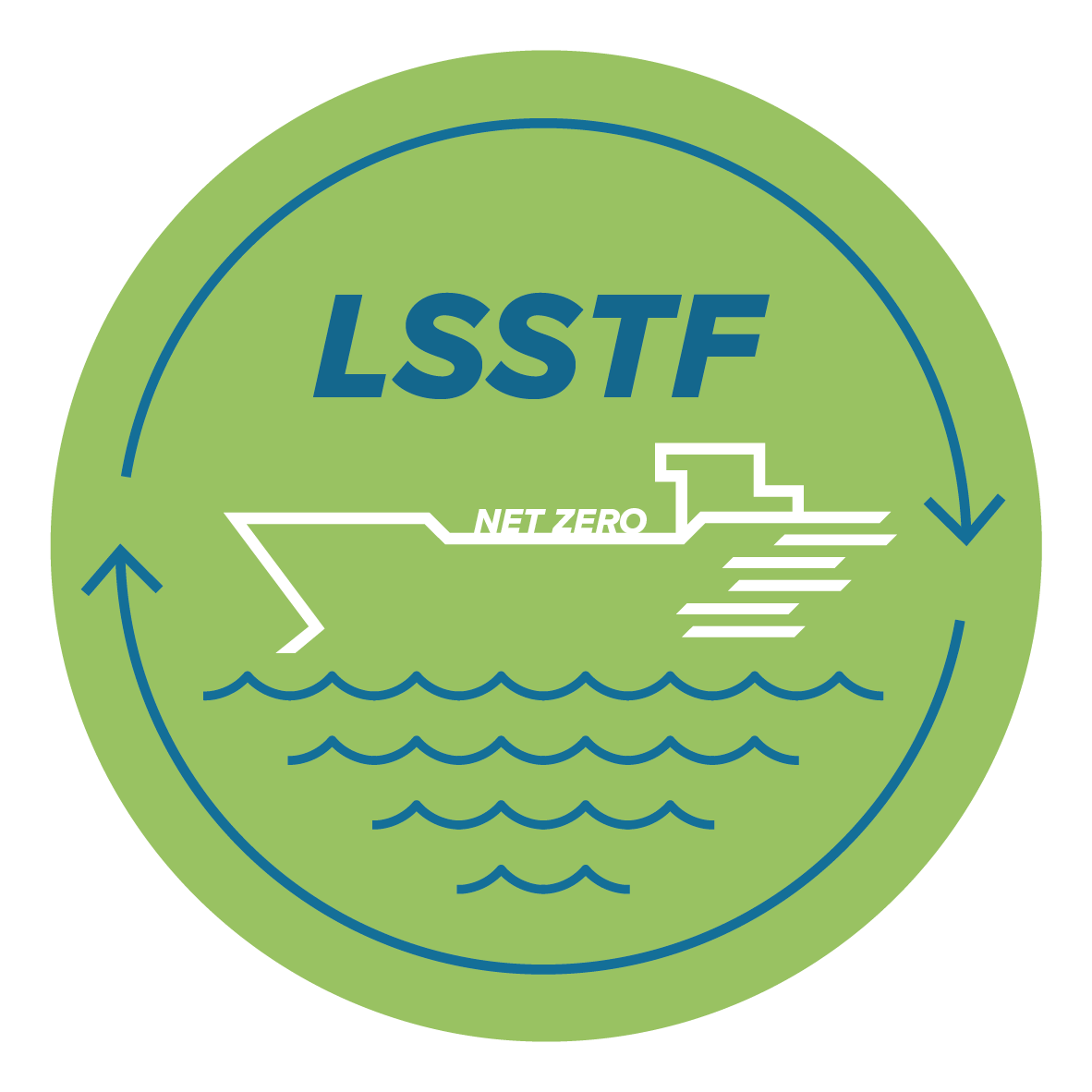Maximilian Malin
LEC Large Engines Competence Center
Maximilian Malin is Head of the Research Area Combustion and Fuels at LEC GmbH since March 2024. He holds a PhD in Mechanical Engineering from Graz University of Technology and has extensive experience in large engine research and renewable fuels.
From 2006 to 2012, he studied mechanical engineering with a specialization in combustion engines at TU Graz. He then joined Marintek in Norway, where he worked from 2012 to 2015 as a researcher in the Energy Systems and Technical Operation department, focusing on optical diagnostics of dual fuel injectors and biofuels for marine engines.
From 2015 to 2019, he pursued his doctoral studies at TU Graz, concentrating on dual fuel combustion in large bore engines. Since completing his PhD, he has held various positions at LEC GmbH and has contributed to numerous projects involving renewable fuels such as methanol, ammonia, and hydrogen.

Decarbonisation strategies for ocean-going vessels
International shipping is considered the most efficient form of transportation but is still responsible for approximately 2.5 % of global greenhouse gas emissions (GHG). To align with the CO2 emission reduction targets set forth in the Paris Agreement, the International Maritime Organization has outlined a greenhouse gas (GHG) emission reduction strategy to reach net-zero GHG emissions by 2050. To achieve a significant reduction in GHG emissions in the transportation sector, the use of renewable fuels such as carbon-based and carbon-free e-fuels as well as bio-fuels is a crucial element. In addition to renewable fuels, on-board carbon capture will also be a viable option to reduce GHG emissions, allowing carbon to be kept in the cycle for carbon-based e-fuels.
This presentation provides an overview of potential pathways for the decarbonization of maritime transportation including state-of-the-art post-combustion carbon capture technologies, introduction of renewable fuels as well as novel technology concepts to create a closed-loop CO2 cycle, such as pre-combustion carbon capture concepts and oxyfuel-based separation processes.



